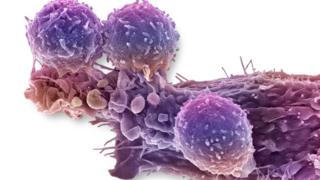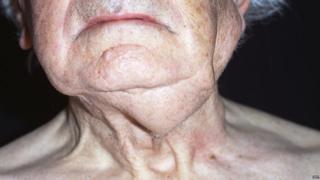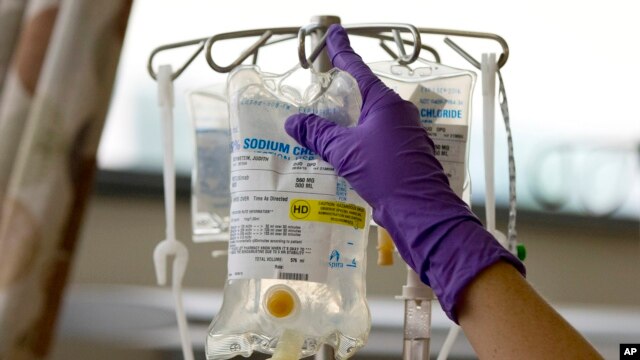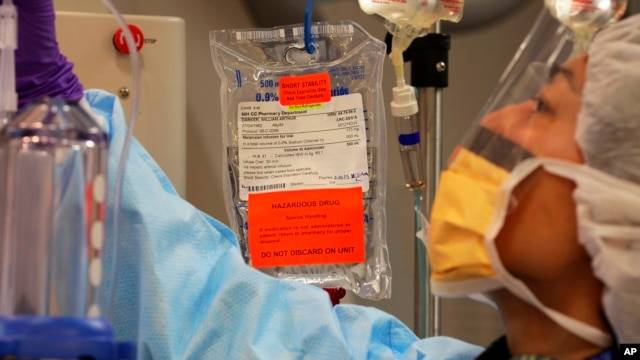JustAnotherNut
Platinum Member
- Dec 31, 2015
- 10,635
- 6,056
- 1,095
World Cancer Day 2016: How Far We’ve Come In The Fight Against Cancer
It is a problem of epidemic proportion. It doesn't care about race, religion, politics, gender or age. It can effect anyone.
I myself was diagnosed with stage 2, Triple Negative Breast Cancer 2 years ago, underwent chemo & surgery to remove what was left of the golf ball sized lump initially found. Thankfully it hadn't spread to lymph nodes or elsewhere and responded well to treatment and I am now officially 14 months cancer free.
Oncologist & Surgeon weren't too happy with me and have both told me my risk of reoccurrence is high because I had refused radiation & opted for lumpectomy instead of mastectomy. Whatever....it's my body, my cancer, my health and my choice.
Personally the hardest part thru the whole course of events, was having to tell my husband and 3 kids. And the greatest, is knowing I'm a survivor.
It is a problem of epidemic proportion. It doesn't care about race, religion, politics, gender or age. It can effect anyone.
I myself was diagnosed with stage 2, Triple Negative Breast Cancer 2 years ago, underwent chemo & surgery to remove what was left of the golf ball sized lump initially found. Thankfully it hadn't spread to lymph nodes or elsewhere and responded well to treatment and I am now officially 14 months cancer free.
Oncologist & Surgeon weren't too happy with me and have both told me my risk of reoccurrence is high because I had refused radiation & opted for lumpectomy instead of mastectomy. Whatever....it's my body, my cancer, my health and my choice.
Personally the hardest part thru the whole course of events, was having to tell my husband and 3 kids. And the greatest, is knowing I'm a survivor.

 You always were a tough one to slap down
You always were a tough one to slap down




